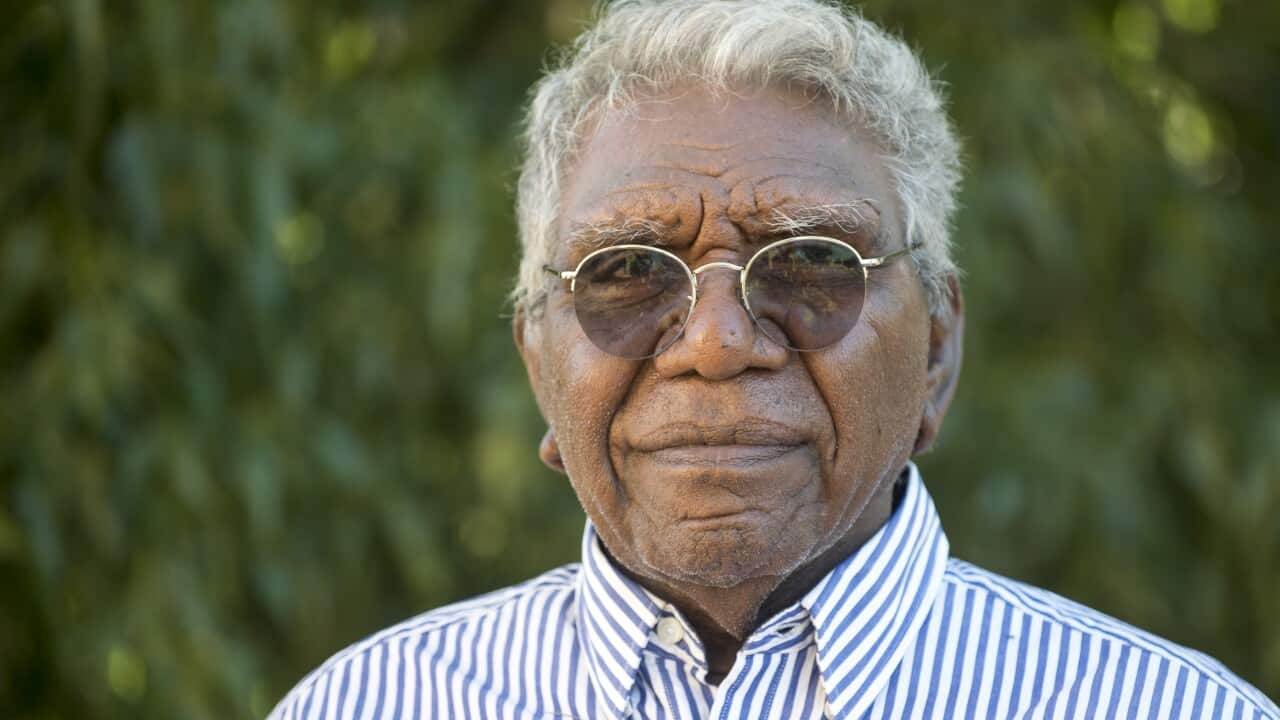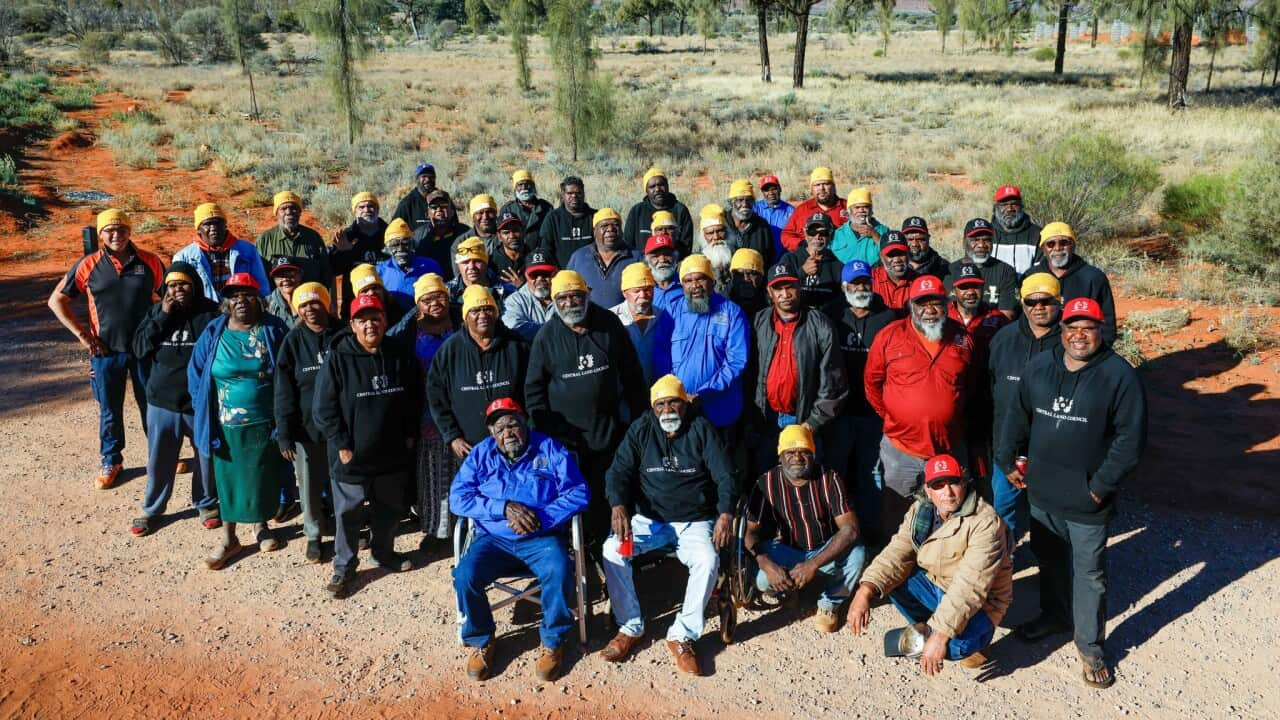Minister for Indigenous Australians Malarndirri McCarthy has claimed Opposition Leader Peter Dutton is confused about key Indigenous Affairs policies he is taking to the election, including child protection processes, legislation and welfare quarantining.
With the political parties shifting into election mode - with a federal poll due before May 17 - Mr Dutton yesterday held a press conference in Alice Springs with Northern Territory Chief Minister Lia Finocchiaro and NT Senator Jacinta Nampijinpa Price.
Mr Dutton pledged his support for Ms Finocchiaro's seven-point plan for Alice Springs, which include all Centrelink payments being made on takeaway alcohol-free days; an audit of federally-funded programs; reintroducing compulsory work-for-the-dole; additional income management for parents of youth offenders; and additional income management for both parents of youth offenders and neglectful parents referred to the commonwealth by the NT government.
In a statement, Mr Dutton called on Anthony Albanese to bridge the political divide and provide bipartisan support to Ms Finocchiaro's plan.
“We know the government will run a scare campaign on these initiatives, but the Coalition is demonstrating that we are focused on working with the Northern Territory government on practical actions to improve the lives of Indigenous Australians and improve the community safety crisis that many communities are currently experiencing,” the statement said.
“These are important policy announcements that will improve the lives of Territorians and keep the community safe."
But Senator McCarthy pointed out in an interview with ABC Alice Springs that the NT can already refer parents to the Commonwealth.
"This is where the Opposition Leader is confused and so is the Senator," the Yanyuwa woman said.
"The Northern Territory Government has that legislation now.
"The Chief Minister can make that decision now under the Care and Protection of Children Act."
Senator McCarthy also said there were potential issues in returning to the ways of the past and making all Centrelink payments on one day, rather than spread out, so that 10 per cent of recipients are paid each week day over a fortnight.
"It's a very complex situation," she said.
"If we move everybody completely, without having had that conversation with them, do you think that's fair?
"Guess why it changed to 10 per cent every day for two weeks? Because there was consultation with the community and it was the community that determined that that's how it would go."
Senator McCarthy has, too, been on the hustings already, talking up the Labor Government's remote jobs plan, which it is introducing to replace the previous Coalition government's controversial Community Development Program (CDP), criticised as racist and punitive because it placed onerous obligations on remote residents compared to urban.
The Minister told CAAMA radio in Alice Springs she was all about jobs, jobs, jobs.
"We've got to see our mob have the opportunity to have decent pay and conditions, to feel good about getting up in the morning and going to work," she said.
"This is a program we've been really wanting to transform in terms of the CDP.
"We wanted to move away from the old CDP. We found that really punished people under the previous Morrison Government and we said that when we came into government, we wanted to change that and this is what we have been doing.
"So we want to roll out a couple of thousand jobs and, if we can certainly get a second term, we'd want to see more of those jobs rolled out in the second term of government."
Review of royalties
Mr Dutton also said, if elected, the Coalition would review the distribution of royalties – which are paid to NT land councils for mining on Aboriginal land - as part of its previously announced audit of expenditure in Indigenous affairs and inquiry into Land Councils and Indigenous statutory authorities, something that Senator Nampijinpa Price has been calling for since she was first elected.
NT Labor MP Chansey Paech, who represents the electorate of Gwoja, said in a statement to NITV that it was disappointing and concerning to see CLP and the Liberals resorting to the demonisation of royalty payments for political gain.
"Suggesting that social issues in Alice Springs are in any way largely driven by royalty recipients is both misinformed and overly simplistic," the Arrernte Gurindji Arabana man said.
"Royalties aren’t usually paid out in Alice Springs, they're done out in Country; they are not paid in cash, they are transferred electronically after necessary meetings and processes have been followed, ensuring proper accountability."
Mr Paech said royalties bring significant economic benefit to Central Australia, where local families use the funds to support local businesses.
"This is a matter of self-determination – why do they think it's OK to dictate how certain people can spend their income?" he said.
"Are we going to start telling other entities/associations how to spend their dividends?
"Let’s be clear: royalties are payments for agreements surrounding mining, land leasing, or related activities.
"These payments are made to land councils, which hold the funds in trust for traditional owners.
"By law, these payments must be distributed to the traditional owners within six months, unless there is a decision to invest in community development projects, which is common practice."
Mr Paech pointed out that the ways in which royalties are distributed by land councils are governed by legislation and specific rules, and can be audited by government at any time.









